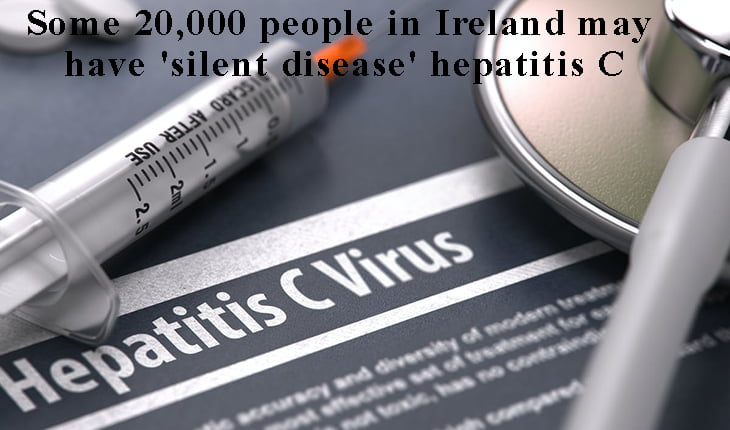DUBLIN: Health experts say up to 20,000 people in Ireland may have a silent disease called hepatitis C. As another World Hepatitis Day passed on Wednesday, July 28, between 600 and 700 new cases of hepatitis C are diagnosed each year. Ireland is 21 years behind schedule in eliminating the curable virus. The World Health Organization aims to overcome the disease by 2030, but experts believe Ireland will struggle to meet this target.
Silent killer… Reduces life expectancy by 15 years
Hepatitis C is a viral infection that causes liver inflammation and is a leading cause of cirrhosis and liver cancer. It is spread through contact with an infected person’s blood. If undiagnosed, the disease can reduce life expectancy by up to 15 years.
The disease is most common in people who use drugs. It can also be contracted through tattoos, infected blood products, snorting narcotics and sexual activity. It is one of the few treatable viruses in the world. It is one of the few curable viruses in the world. The virus is diagnosed by a PCR test, and treatment is eight to twelve weeks of oral medication.
People should be tested for hep C once in a lifetime
Experts say the spread of the disease is due to the limited availability of treatment for those outside the specialist addiction services.
There has been a huge drop in the number of people seeking treatment, said Prof Jack Lambert, consultant in infectious diseases and genitourinary medicine at Dublin’s Mater Hospital and UCD. The number of patients treated has dropped by two-thirds, from 354 in the first three months of 2019 to 110 in the first three months of this year.
“In 2020, we treated approximately 550 people and less than 100 of those in the wider community setting. We have to rethink how we can reach our target of treating 1,500 people per year to eliminate hepatitis C by 2030,” Prof. Lambert said.
“We now have a lost cohort of hepatitis C sufferers. Everyone should have a hep C test once in their lifetime, probably during their forties, as is the case in the US.”
Prof Lambert suggests that the Department of Health conduct a screening, including those who may have contracted hepatitis C through sexual contact, tattoos, or non-intravenous drug use.
Ireland lags far behind in the treatment of hepatitis
Kristy Hayes, head of advocacy with the Hep C Partnership, said the UK has a system in place to diagnose and treat patients within an hour, but there are very limited facilities in Ireland. “We are nowhere near that in the community and there are only a handful of GPs prescribing in the community,” she said.
Ms Hayes added: “There are clear guidelines from the World Health Organisation in relation to community treatment but that model of care is not happening in Ireland. Sadly, we are not among the 11 countries worldwide on track meet elimination targets by 2030.
“We need to link GPs in with hospital pharmacies so that we can increasingly treat people in the community.”
Kindly click the link below to join WhatsApp group chat to get important news and breaking news from Irish Samachar


Comments are closed.